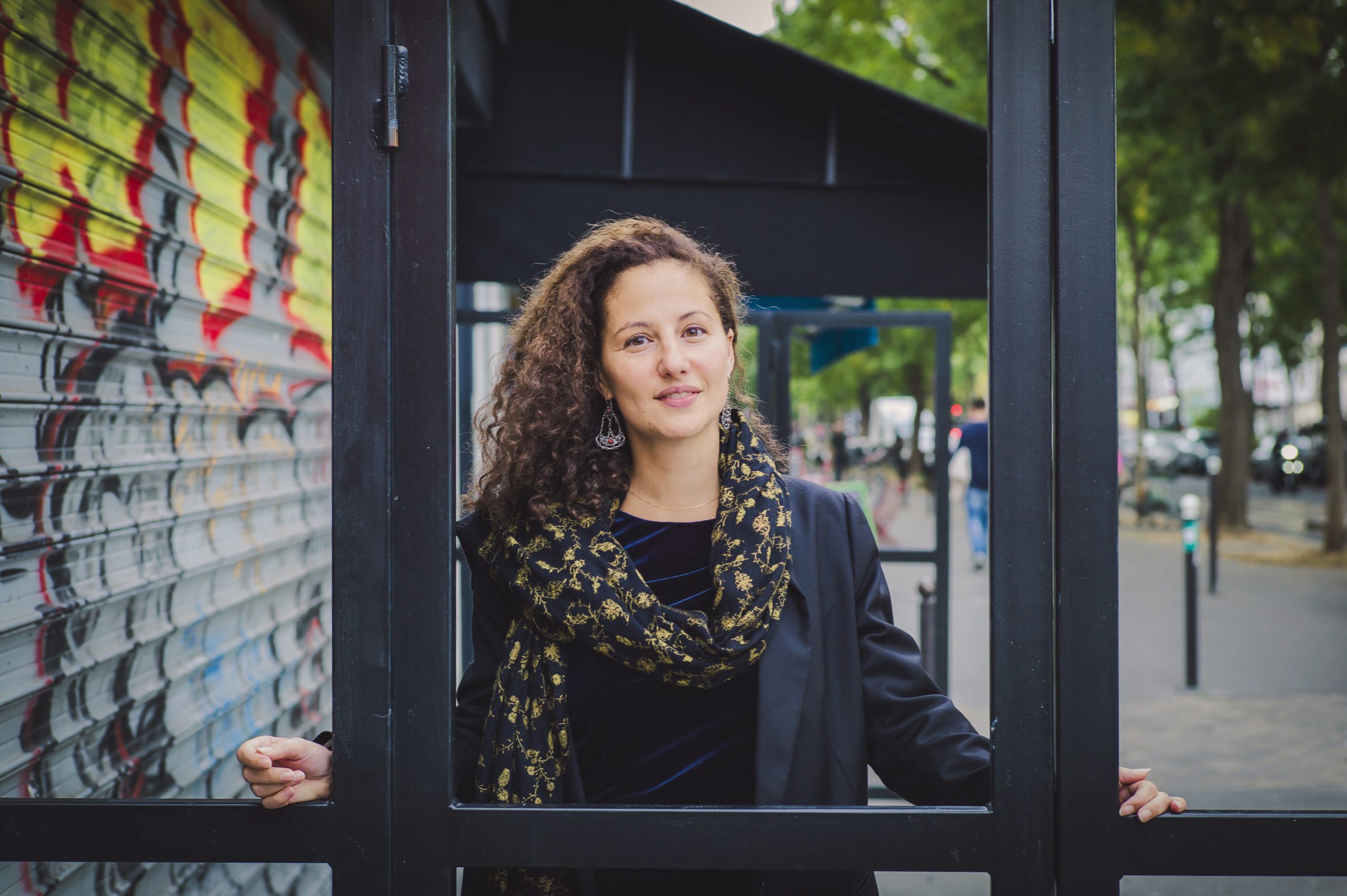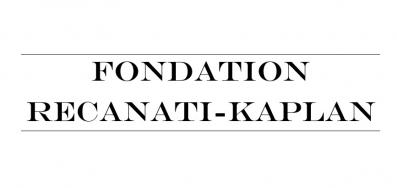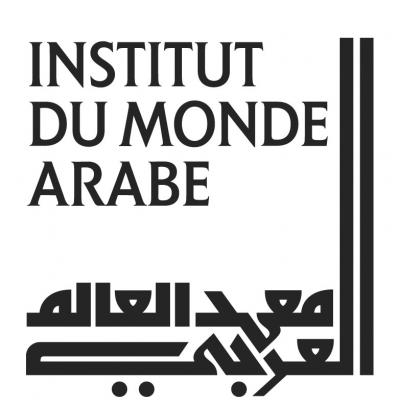Dorothée-Myriam Kellou
Journalist, filmmaker, writer
Fall 2024

- Non Fiction
- Chicago
- New York
- Washington, DC
“Between Washington, New York, Chicago, Paris, and Algiers, I am conducting literary research on Sufi and feminist Islam to inform a novel in which motherhood, memory, and faith explore the possibilities of liberation in the face of colonial, postcolonial, and patriarchal violences.”
I am a journalist, filmmaker, and writer. My path has taken shape at the crossroads of documentary, writing, and investigation, guided by a single imperative: to give voice to the silenced. Exposing the Lafarge affair in Syria taught me that investigative work can probe moral and political responsibility. My film In Mansourah, You Separated Us (2019, SCAM Star 2021), my podcast Algeria of the Camps (2020, France Culture), and my book Nancy-Kabylie (Grasset, 2023, Literary Prize of the Grand Mosque of Paris) have extended this gesture into a more intimate and historical terrain: that of colonial memory and the blocked transmissions between France and Algeria.
Gradually, my research led me toward another kind of fracture: the loss of spiritual filiations. Colonization, exile, and political violence have disarticulated inheritances of faith and practice, leaving voids in which what Sayad and Bourdieu called a “traditionalism of despair” has taken root.
Today, I am writing a novel that weaves together investigation and imagination, archives and poetry. Inspired by my grandfather’s Sufism in Algeria, by Muslim feminist voices in France and the United States, and by my own transforming body, I seek to reinvent spiritual lineages in which femininity and motherhood can be freely experienced. This hybrid form of writing allows me to extend my investigative work while opening it up to repair: the repair of forgotten spiritual memories and erased feminine knowledge.
Dorothée Myriam Kellou is a journalist, filmmaker, and writer. A Fulbright fellow and graduate of Sciences Po Lyon and Georgetown University, she explores colonial memory, exile, and the disrupted transmissions between France and Algeria. Her work—recognized with a SCAM Star, the Trace Prize, and the Literary Prize of the Grand Mosque of Paris—combines investigative rigor with a deeply sensitive form of writing.
My project at Villa Albertine consists of undertaking a literary research process in preparation for a novel that explores non-patriarchal approaches to Islam, weaving together memory, spirituality, intimate experience, and motherhood. It extends my work on the history of internment camps in Algeria and their effects on our communities, fragmented and disenchanted by colonial violence. A conversation with a researcher on the loss of spiritual filiations led me to question: how can we reimagine nourishing, just, and inclusive practices of faith, inherited from our histories, in which the feminine occupies a central place?
During the residency, I focused my research on three territories. In Algeria, I explored the Sufism inherited from my grandfather and the Alawiya order, to understand how its mystical teachings and dhikr practices can inspire contemporary literary forms. In France, I continued my readings and dialogues with thinkers and practitioners of Islam in relation to women, such as Éric Geoffroy and Kahina Bahloul. In the United States, I met with scholars and activists like Nassima Neggaz, Amina Wadud, and the Boundaoui sisters, to document their intellectual, spiritual, and community-based approaches.
This two-month residency allowed me to concentrate my meetings, readings, and observations, to gather rich and well-documented material for the novel, and to lay the foundations for a narrative in which memory, femininity, motherhood, and spirituality intertwine, exploring in poetic and narrative form the possible paths toward liberation.
I chose to focus my residency between Washington, New York, and Chicago — three cities where Islam is lived as heritage, intellect, and community practice. These places offer diverse worlds through which to document the spiritual and feminine filiations that will nourish my novel.
In Washington, I met with scholars and researchers in Islamic studies and Middle Eastern history, to document the intellectual and historical approaches that will inform the narrative. In New York, with its diversity and vibrant spiritual and cultural initiatives, I observed and engaged with influential figures of feminist Islam, enriching the novel’s transnational and contemporary dimensions. In Chicago, I met with activists and practitioners involved in community healing and in the lived, everyday expressions of Islam. Their work — intertwining spirituality, memory, and social justice — offered unique perspectives on how Islam can be experienced as a force of care and resistance.
These three cities represent complementary points of grounding: Washington for its academic and historical dimension, New York for its intellectual and spiritual experience, and Chicago for its embodied and community-based practices. The residency allowed me to concentrate my encounters and readings within a short yet intense period of time, and to lay the foundations of a transnational novel where memory, femininity, and motherhood intertwine to question the possibility of liberation.
In partnership with

Recanati-Kaplan Foundation
Created in 2010 by Thomas S. Kaplan and Daphne Recanati-Kaplan, the Recanati-Kaplan Foundation supports the development of initiatives of excellence in four areas: the protection of our biodiversity; research in medical sciences; the teaching of history and philosophy; and cultural, artistic, and intellectual bridge-building between the Arab world, France and the United States.

Institut du monde arabe
The Institut du monde arabe was founded in 1980 by France and the League of Arab States to promote and highlight Arab culture in all its forms. Housed in a building designed by the eminent architect Jean Nouvel and Architecturestudio, this genuine hub of encounters and exchanges opened its doors in 1987. For the past 35 years, the Institut du monde arabe has continued to strengthen cultural, political, economic, and social connections between France and the Arab world.
